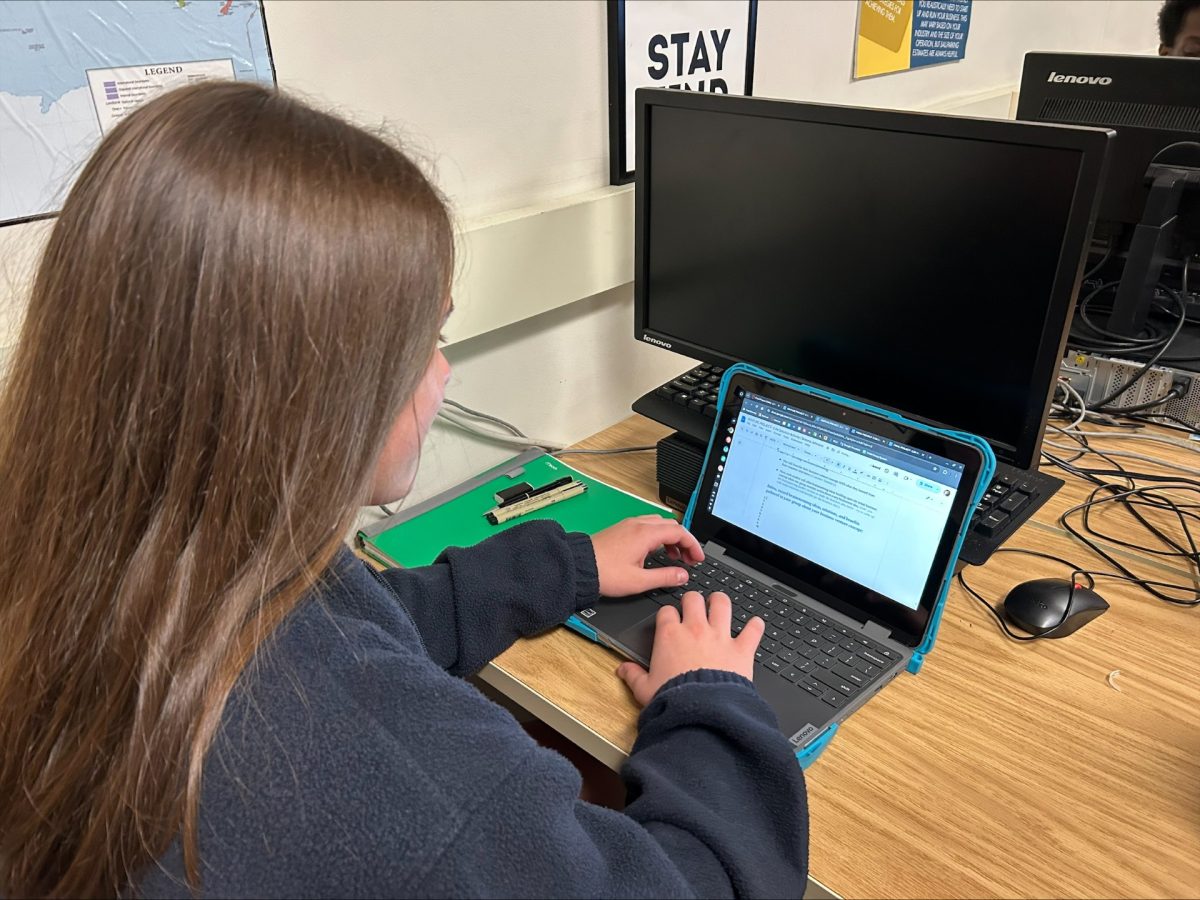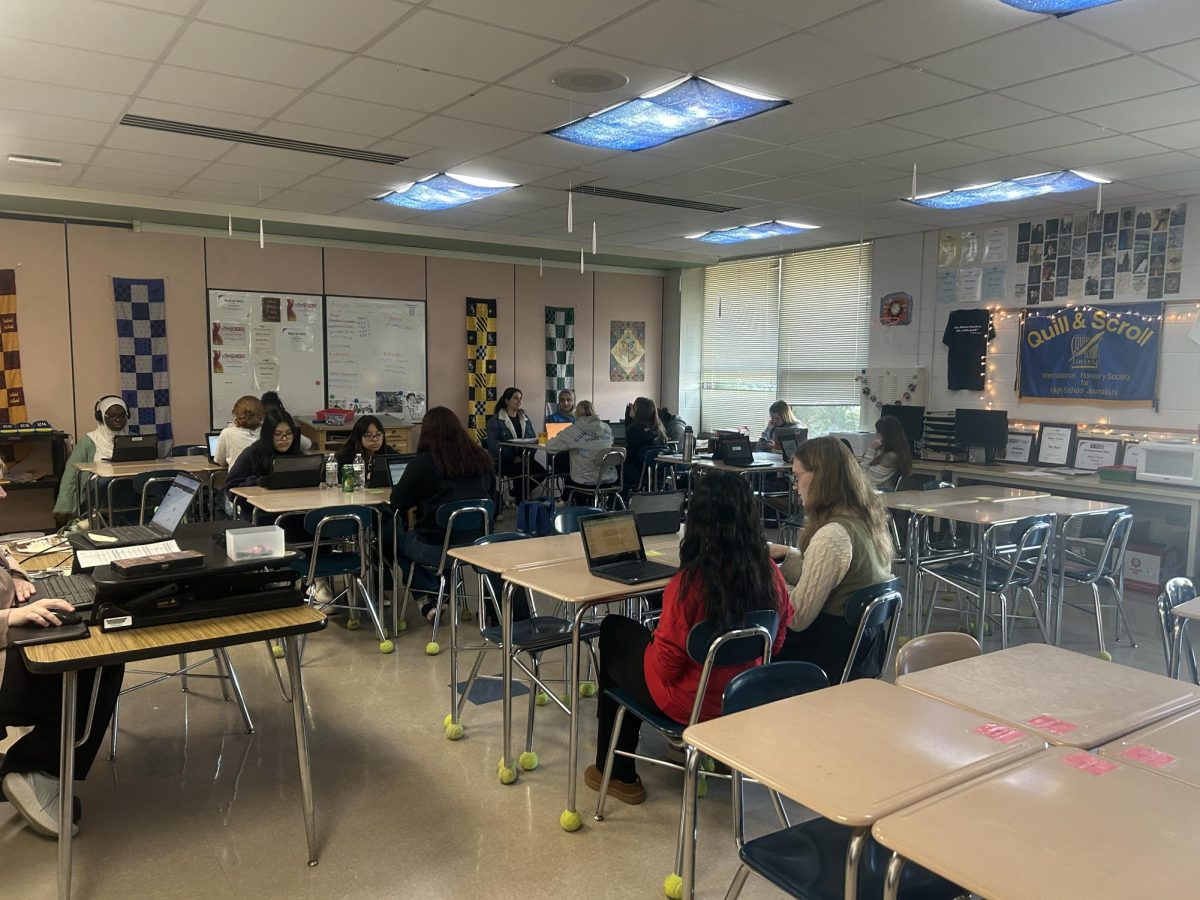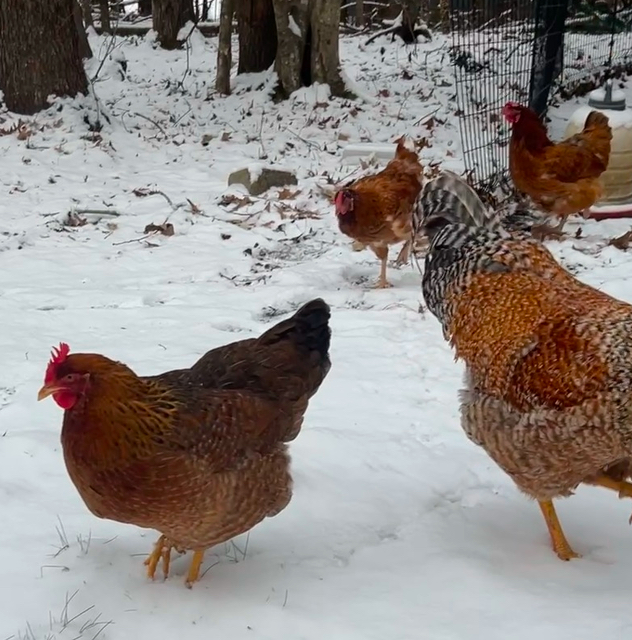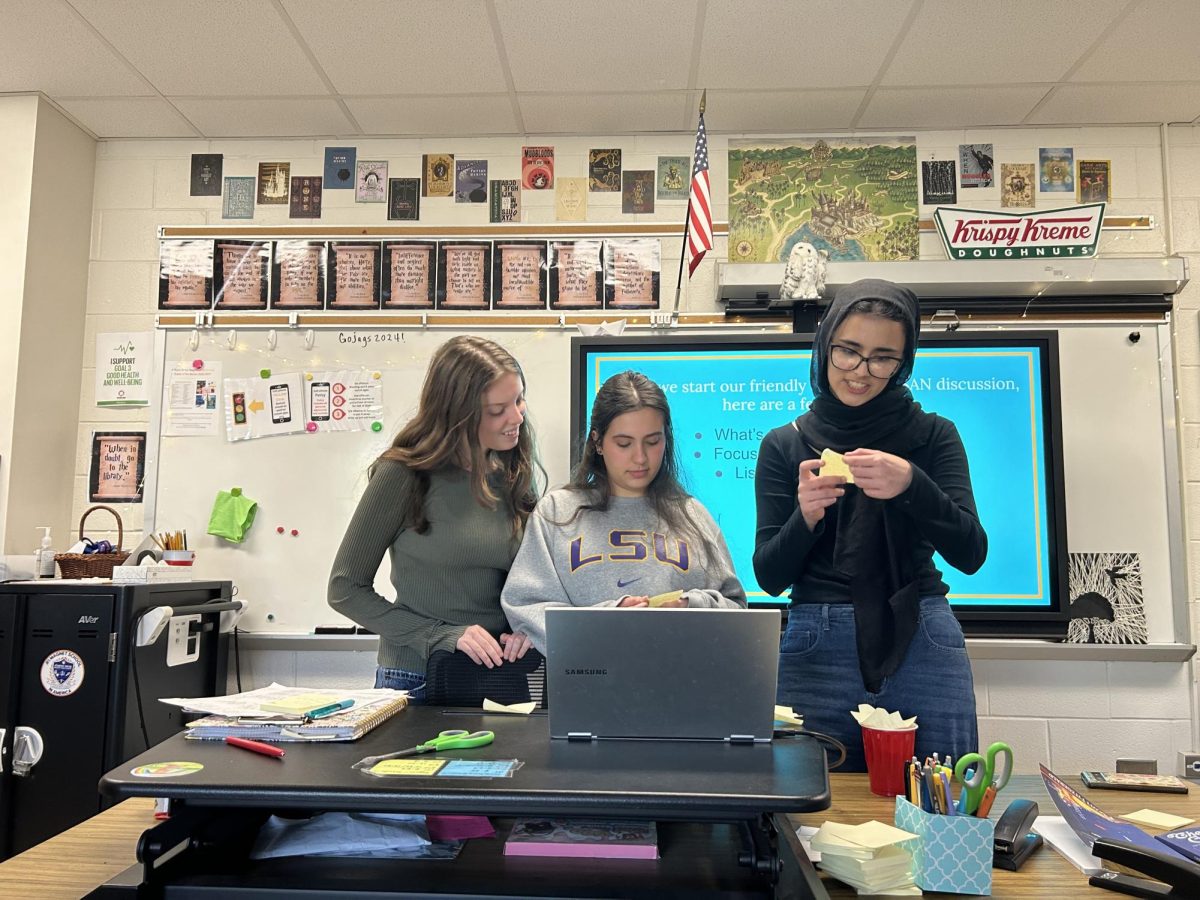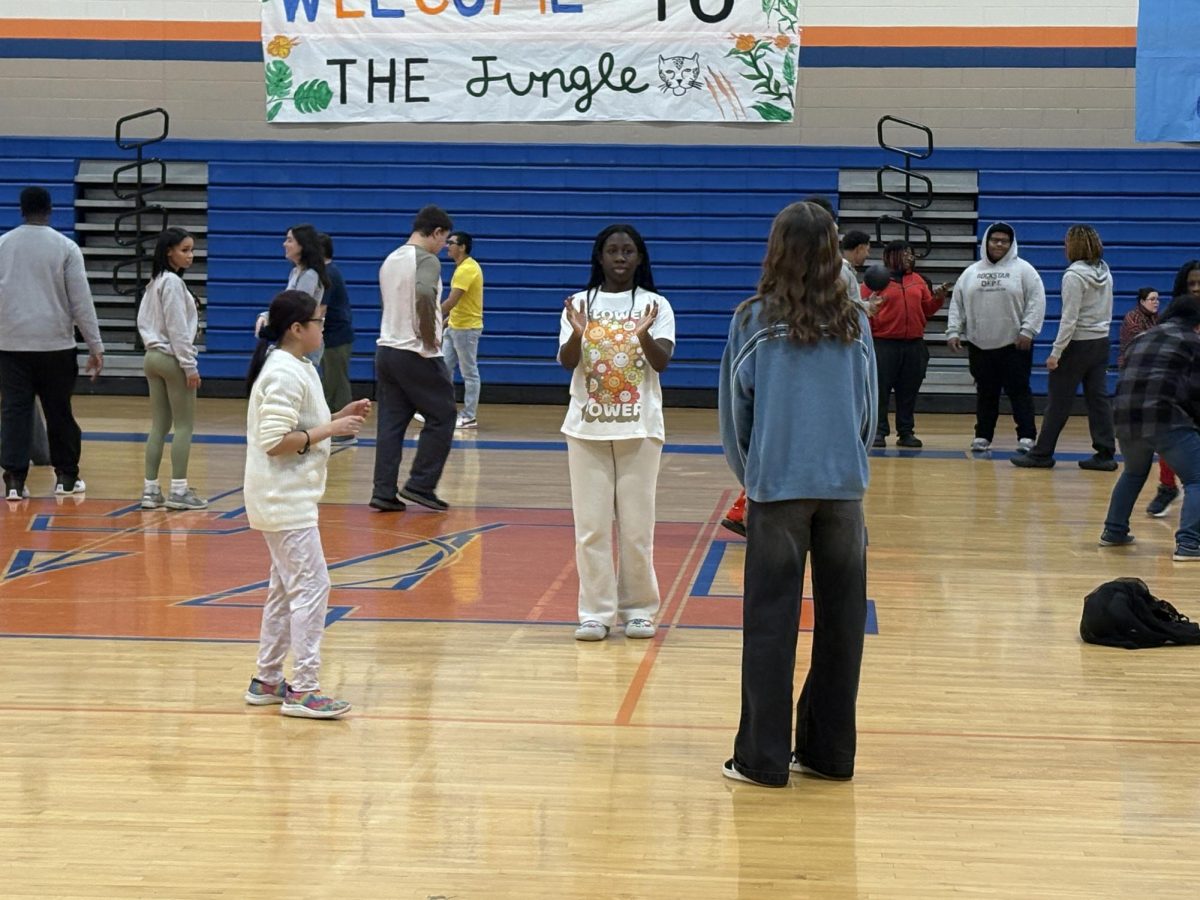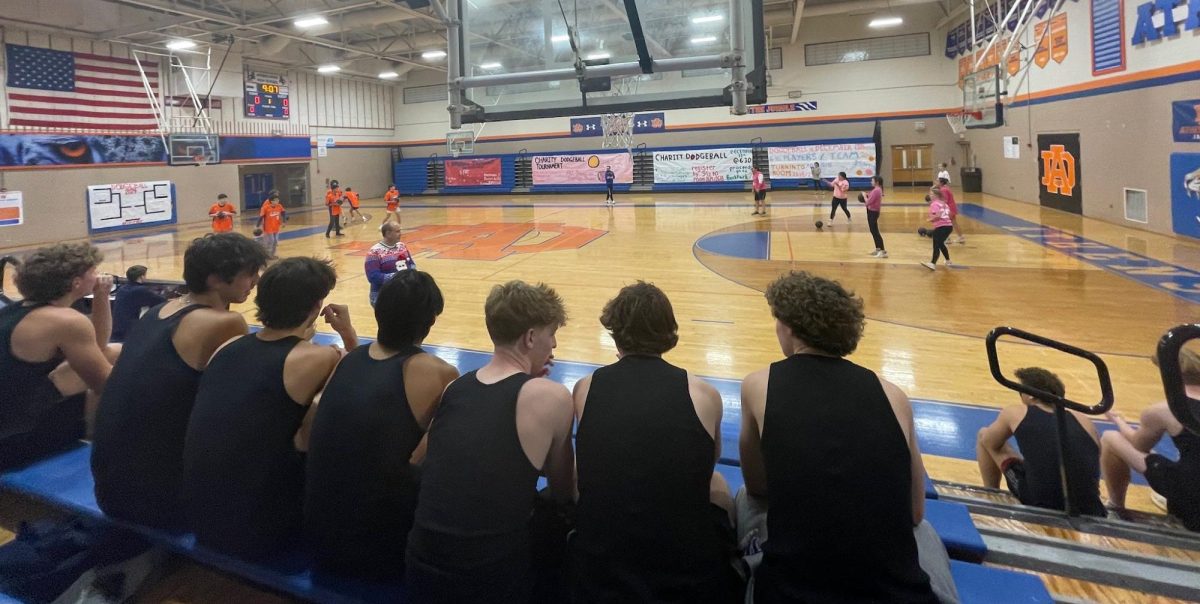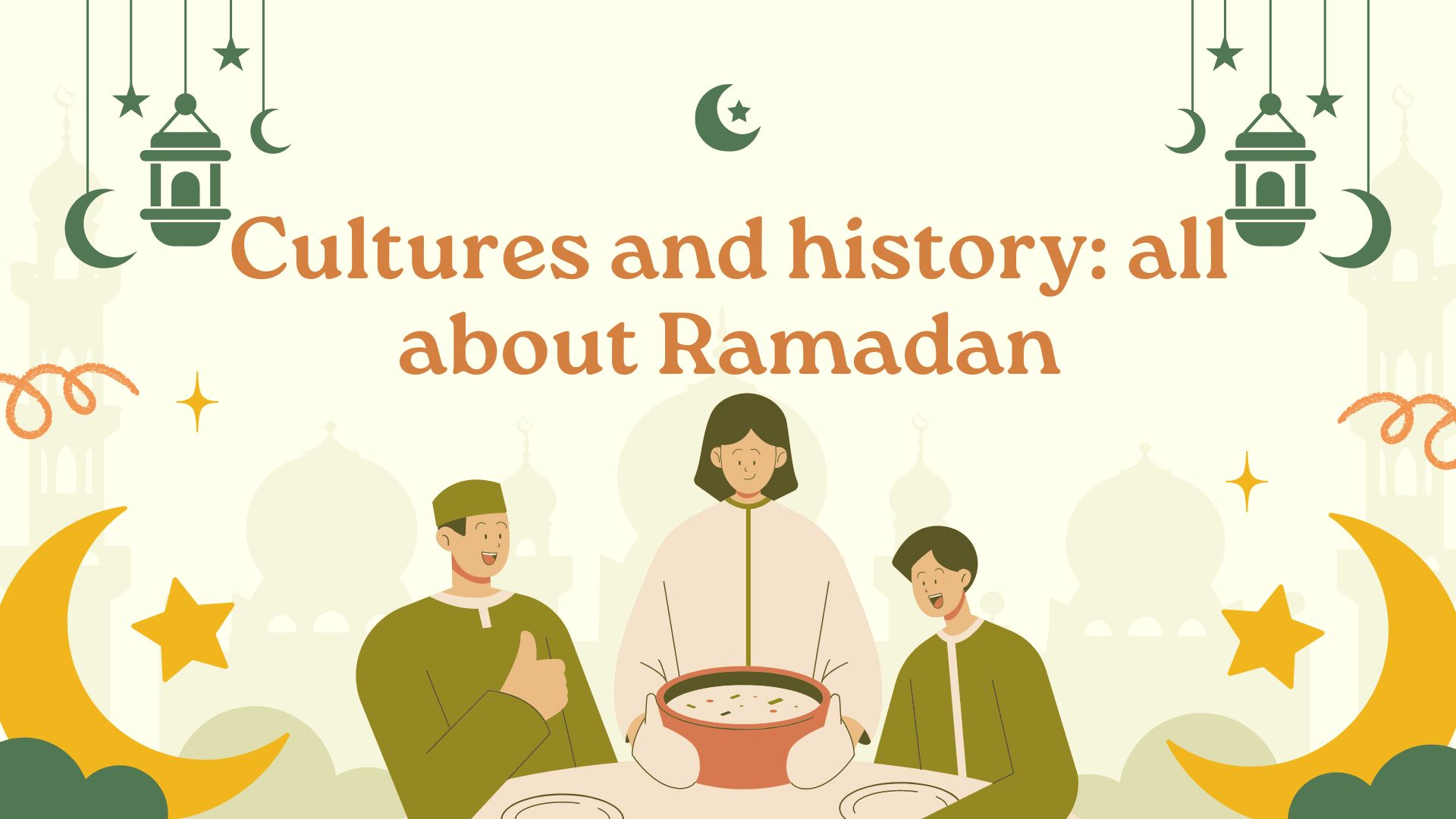
Culture & History: All about Ramadan
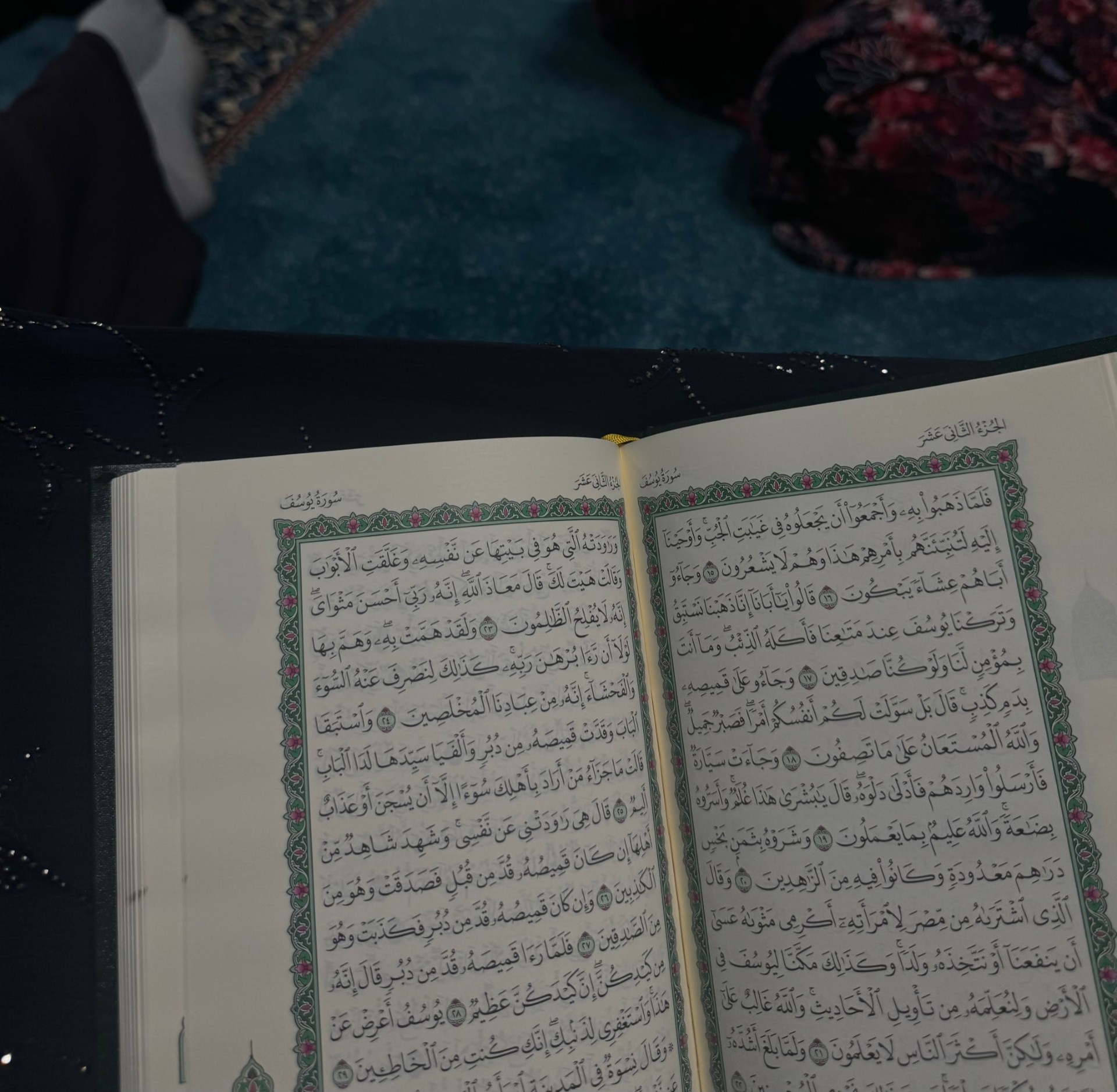
Ramadan is a month that is celebrated by Muslims all around the world. It is the time in which Muslims believe the first verses of the Quran – the Islamic Holy book – were first revealed to the Prophet Muhammed on Laylat Al-Qadr. Ramadan is the ninth month of the Islamic Lunar calendar, which follows the phases of the moon as opposed to the internationally accepted Gregorian calendar. During the Holy month of Ramadan, Muslims strengthen their faith by fasting from sunrise to sunset for 30 days. Many non-Muslims believe fasting all day to be challenging for Muslims to complete for an entire month. In reality, fasting is a mandatory practice for Muslims that really is not as hard as it may seem.
Suhoor is a meal eaten before dawn, similar to breakfast. It is concluded when the sun rises, also marked by Fajr prayer. Suhoor is eaten to stunt any feelings of hunger throughout the day. Muslims typically break their fast with a date and a few sips of water, followed by a big feast known as Iftar. Iftar is eaten once the sun has set, also marked by Maghrib prayer.
Following the thirty days of fasting, the end of Ramadan is celebrated with Eid Al-Fitr. The three-day-long celebration consists of a mandatory morning prayer, and families choose how they wish to celebrate for the remaining three days. Typically, people invite their relatives over for dinner and spend quality time together for the celebration.
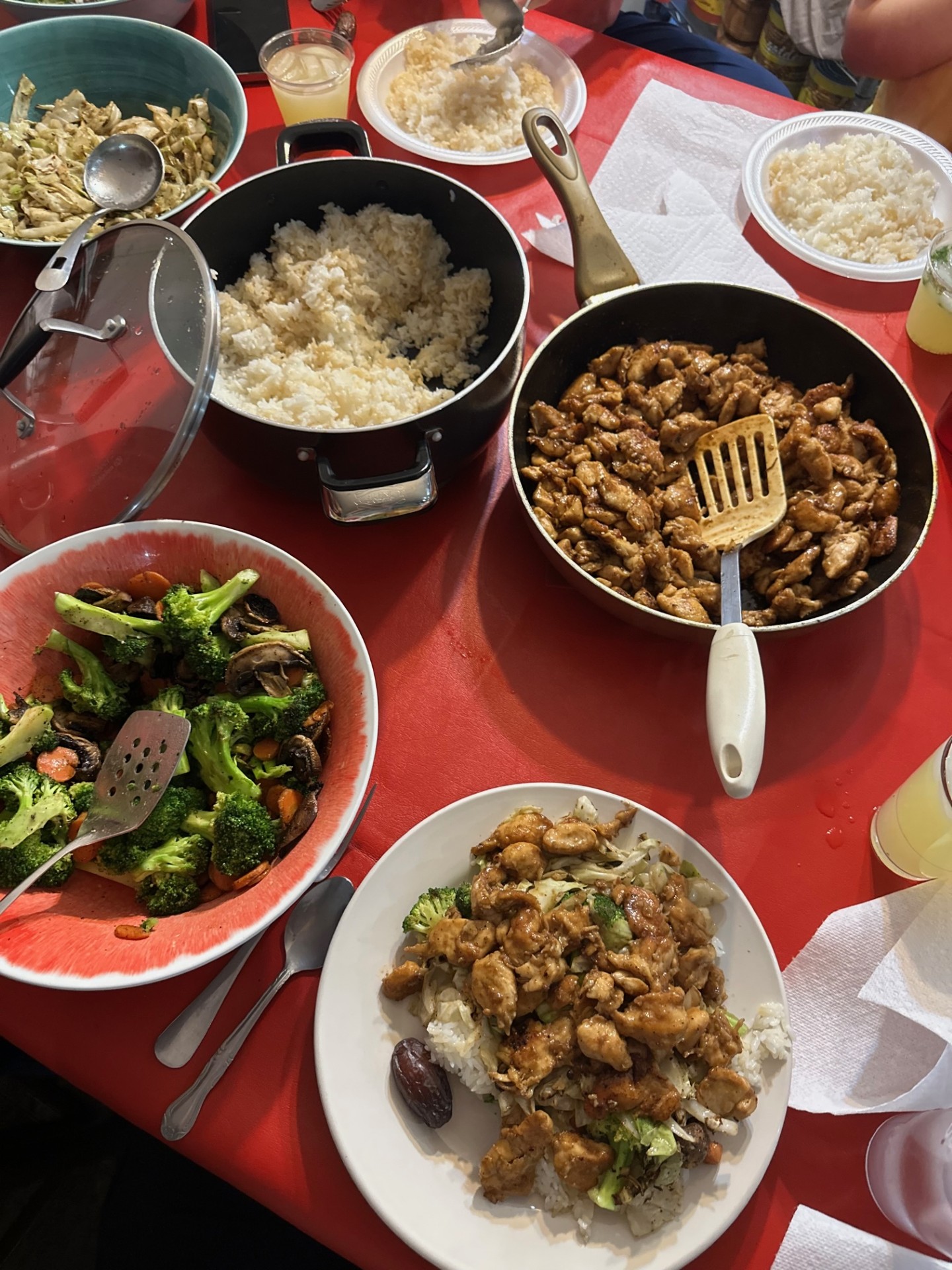
In Muslim countries, Ramadan is celebrated and enjoyed by the majority of the population. Paid days off for the employed as well as later start times and earlier dismissal for students are implemented annually to allow Muslim families time to participate in the Holy month. While this is the norm for Muslim countries, Non-Muslim countries show little to no consideration for their Muslim counterparts’ holidays. Many Muslims complain about never being able to break their fast at home with their family due to their work or school commitments.
While Ramadan is a month to bring Muslims closer to their religion, fasting during the day can be tiring and difficult. Long hours spent at school or work without any hydration or nourishment can lead to feelings of fatigue or extreme tiredness. Due to this, some Muslims are not able to fast the entire month and have to make up for their missed days after the month has passed. This can be especially challenging for Muslim athletes, as they have to exert their energy without refreshing themselves with water.
However difficult these challenges are, Muslims always find a way to face these obstacles, remain steadfast in their faith, and enjoy one of the few celebrations they have annually.
Ramadan during the school year has its ups and downs for students. While some find attending school daily to be tiring, others find it easier to fast as the time goes by quicker at school.
“We spend most of the day at school and once we get home, we only have to wait a few hours till it’s time to break our fast,” said Issra Bahour, junior. “I usually spend those hours getting my schoolwork done because I won’t have time after we eat, that’s when Taraweeh is.”
Taraweeh prayer can last for up to three hours. It is prayed after Isha prayer, beginning at half past nine and ending nearly at midnight. This can be difficult for students who have to wake up early the next day for school.
“I always prioritize my faith, especially during Ramadan, and just do my schoolwork whenever I get the time,” said Aisha Elmi, junior. “I stay up late sometimes, but since it’s only one month, I don’t stress about it too much.”
Muslim students work their way around their school schedule to make time for the Holy month of Ramadan. At times, it can feel lonely being the odd person out when surrounded by people who don’t celebrate your traditions, especially when it is regarding your religion. But once Muslims are surrounded by other Muslims, they find comfort in their own skin and no longer have these feelings of isolation and instead develop feelings of contentment and pride in their religion.
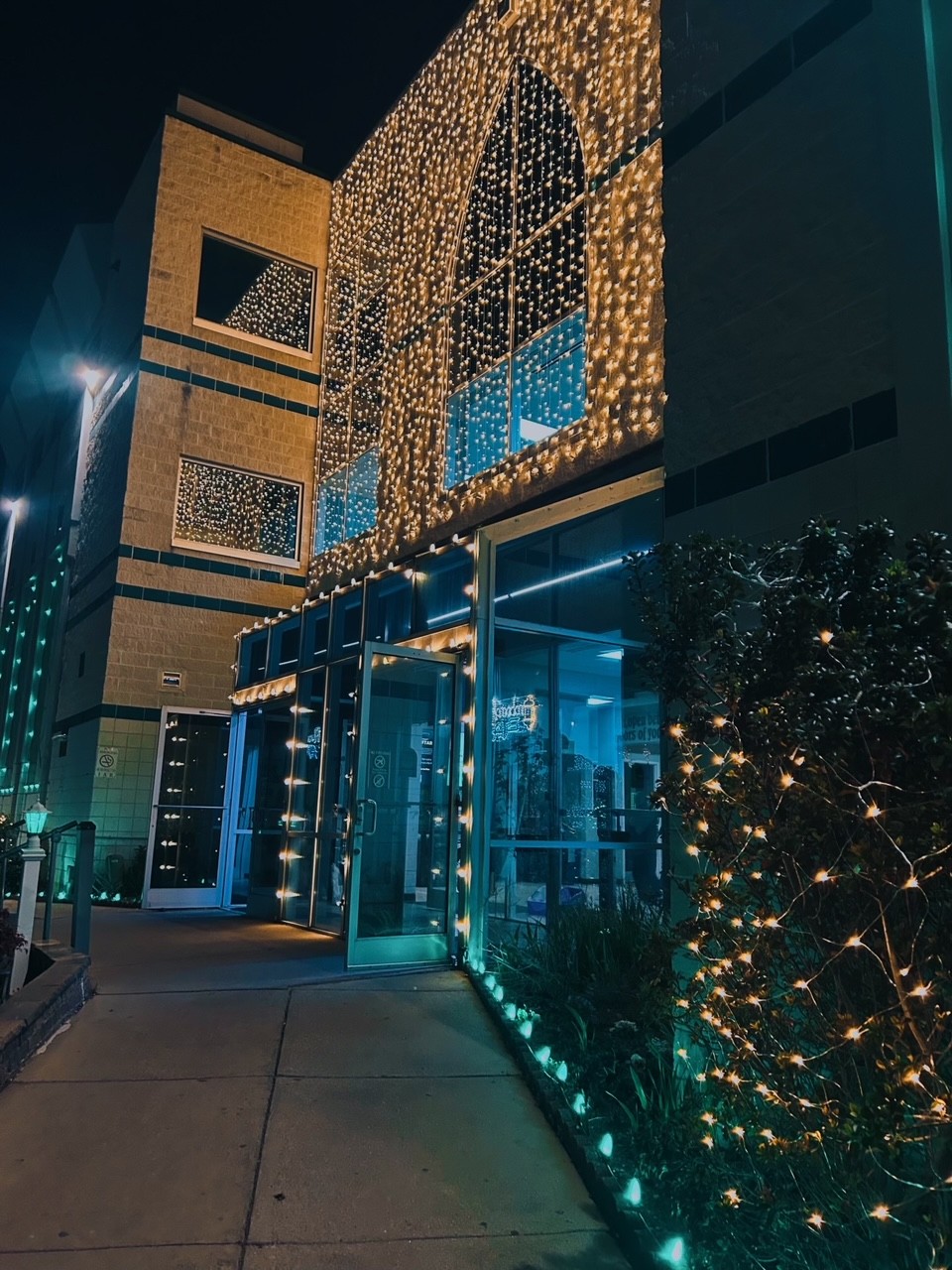
Many Muslims celebrate Ramadan by hosting a large Iftar every night when they break their fast. An Iftar is the meal that Muslims break their fast on. It is typically attended by a Muslim family and copious amounts of food. To host an Iftar is to invite one’s family and friends to break their fast together. Some families decorate their houses with lights and the Islamic symbol, a crescent moon. This creates the nostalgic Ramadan vibe that all Muslims crave every year.
Another tradition for Ramadan is the Taraweeh prayer. Taraweeh, meaning rest and relaxation, is an optional prayer that is prayed after the fifth prayer, Isha. Although it is an optional prayer, it is highly recommended as it is considered Sunnah. What makes the Taraweeh prayer different from any of the other daily five prayers is that Taraweeh prayers consist of eight to twenty Rak’ah. During every Taraweeh prayer, the congregation of men and women read a portion of the Quran over the course of the thirty days, until they eventually complete the reading of the entire Quran. The last Taraweeh prayer is called the Khatm Al-Quran, performed on the second to last day of Ramadan, and usually has a large turnout.
Laylat Al-Qadr, The Night of Power, is the holiest day in Ramadan. Although the specific night remains unknown, it is known that Laylat Al-Qadr lies within the last ten days of Ramadan. It is advised on this night for Muslims to enhance their worship and prayer as much as possible as it is believed that their Dua, supplication, and requests, are to be accepted on this night. That being said, Mosques are usually packed with worshipers during the last ten days of Ramadan.
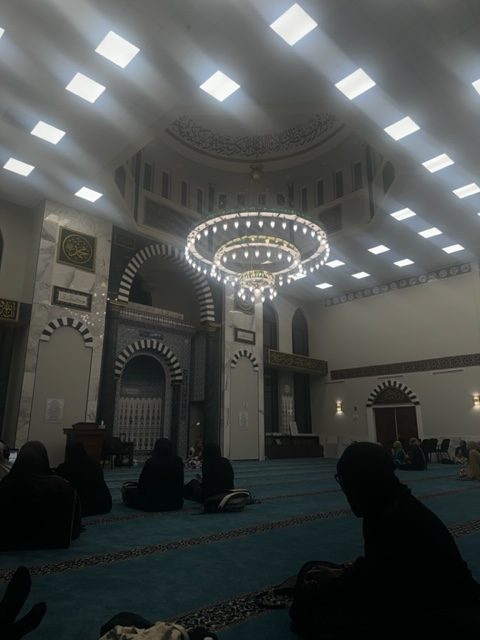
While Ramadan can be difficult at times, the Holy Month is a time of celebration. It brings family and friends together and strengthens people’s faith. It is one of the few celebrations Muslims have throughout the year, and people go out of their way to make it as memorable as possible.
An I’tikaf is an event in which Muslims dedicate long hours to strengthening their faith and Ibadah at their local Mosque. Some call these rechargers of faith that Muslims cherish. They meet new people and listen to lectures from Islamic scholars. I’tikafs are full of fun and games, memories and laughs are shared throughout the night.
Ramadan is a fun-filled holy month that Muslims cherish and look forward to every year. It brings people closer to their family and their faith, all while enjoying the nostalgia that overcomes every Muslim when Ramadan comes around. The celebration of Eid tops off the wonderful month with excitement and dinners that will stay with Muslims for all their lives.
“I always look forward to Ramadan,” said Elmi. “It’s one of the few celebrations Muslims have all year long. Might as well make the best out of it and embrace your religion.”


